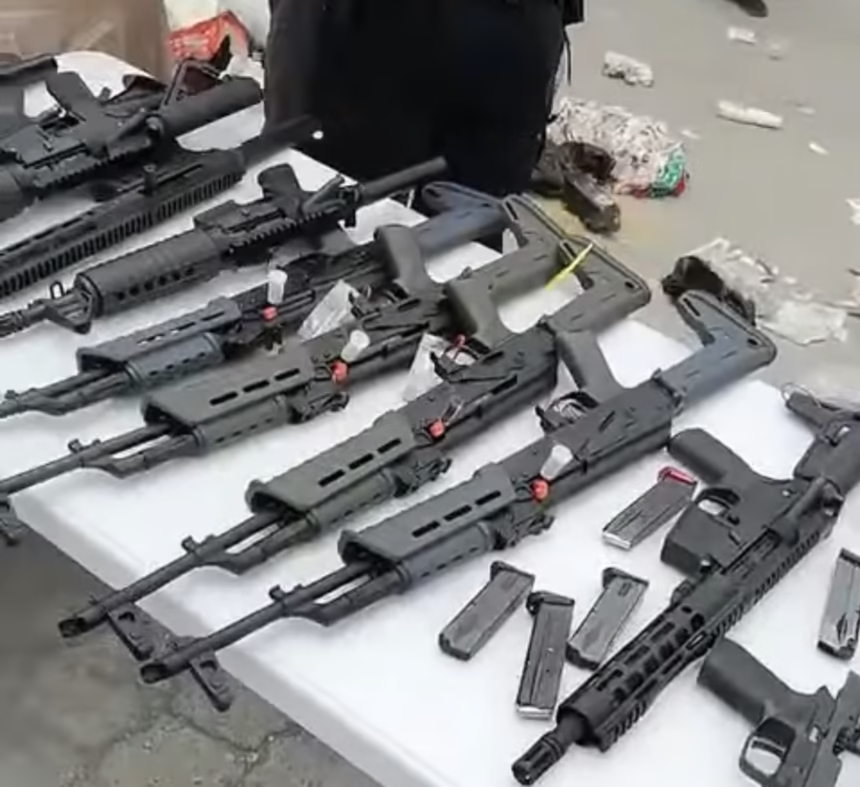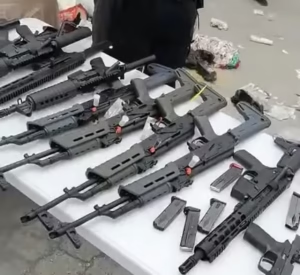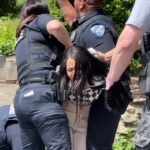A Historic Partnership Announced in Mexico City
U.S. Secretary of State Marco Rubio and Mexican Foreign Minister Juan Ramón de la Fuente announced a historic expansion of cooperation between their two countries on September 3, 2025, during a joint press conference in Mexico City.
The agreement focuses on tackling transnational organized crime, drug trafficking, and the flow of illegal weapons. According to both leaders, this partnership could have a direct impact on the Caribbean, particularly Haiti, which is struggling with a surge in illegal arms and rising gang violence.
Rubio explained that part of the strategy is to “eradicate arms trafficking,” with a special focus on illegal shipments bound for Haiti, Jamaica, Trinidad, and other Caribbean nations. To achieve this, the U.S. has deployed the Bureau of Alcohol, Tobacco, Firearms and Explosives (ATF) and the FBI.
“And we are going to put an end to it,” Rubio declared, stressing that many of the weapons used by criminal groups in the Caribbean come directly from the United States.
Coordinated Measures Against Crime
The joint plan is built on principles of sovereignty, shared responsibility, and mutual trust. A high-level implementation group has been created to oversee progress. Its tasks include dismantling cartels, securing borders, targeting illicit financial flows, and preventing both drug and arms trafficking.
Rubio noted that certain groups, including Tren de Aragua, are now officially designated as narcoterrorist organizations. This classification, he said, justifies stronger measures to disrupt their operations.
Foreign Minister de la Fuente reaffirmed that the initiative respects international law and conventions. He emphasized that protecting sovereignty and territorial integrity remains a priority. Regular and structured coordination, he added, will be essential to measure progress and ensure that both countries follow through on their commitments.
For Haiti, the U.S.–Mexico initiative offers a strategic opportunity. Illegal arms circulation fuels heavily armed gangs, deepens insecurity, and weakens state institutions. Regional cooperation could help tighten border controls, curb the flow of weapons, and support the Haitian National Police in its security and law enforcement missions.
U.S. authorities stressed that intercepting vessels carrying weapons or drugs was no longer sufficient. The new measures now include destroying seized cargo to permanently neutralize the threat.
Prevention and Intelligence Sharing
The plan also provides for prevention campaigns addressing drug use and abuse. In addition, it strengthens intelligence-sharing mechanisms and cross-border investigations. For Haiti, a country highly vulnerable to illicit flows, such cooperation represents an opportunity to stabilize communities and counter organized crime.
As transnational crime continues to threaten the Caribbean, the partnership between the U.S. and Mexico signals a shift toward more coordinated action. For Haiti, it offers a potential framework to reinforce internal security and confront the gangs destabilizing the country.
https://ctninfo.com/?p=36677&preview=true
https://www.facebook.com/photo?fbid=770068265635945&set=a.356554100320699







